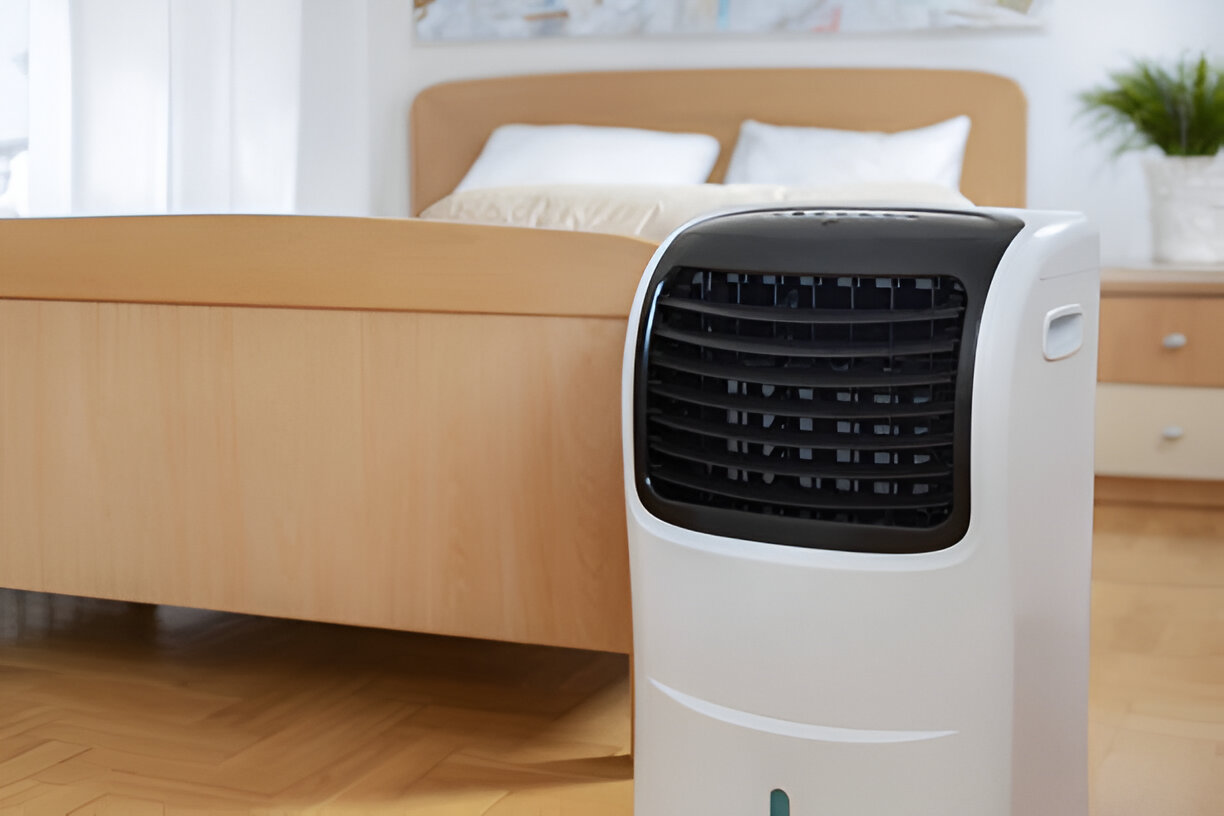
Whole-House Air Filtration in Delta, PA
Breathe easier at home with whole-house in-duct air filtration tailored to Delta, PA households. Whether your priorities are allergy relief, pet dander control, protection from seasonal smoke and pollen, or lowering household dust, a properly specified and installed whole-house system cleans every room through your existing HVAC ductwork.
Why whole-house filtration matters in Delta, PA
Delta and surrounding Lancaster County experience four distinct seasons: high spring pollen, humid summers that circulate dust and mold spores, fall wood smoke from burning season, and winter heating that can stir settled particles. Many homes are older and may have duct leakage or higher baseline dust levels. Whole-house filtration addresses these whole-home air quality problems more effectively than single-room or portable devices by filtering return air before it’s redistributed.
Common whole-house filtration types
- Media (pleated) filter systems: In-duct filter racks that accept thicker pleated filters (commonly 2–5 inches). These are passive, no-electricity filters that capture particles as air passes through.
- High-efficiency electronic air cleaners: Electrostatic precipitators or electronic filters that charge and capture particles on collector plates. They can remove very small particles with low pressure drop but require periodic cleaning.
- Combination systems: A pre-filter (lower MERV) ahead of a high-efficiency media filter or electronic cleaner to extend life and preserve performance.
- HEPA-integrated solutions: True HEPA in central systems requires specific housings and adequate fan capacity; often used in retrofit for high-sensitivity households.
Recommended MERV ratings for Delta households
- General homes (reduce dust & common allergens): MERV 6–8 — effective for pollen, dust, and larger particulates while keeping system airflow normal.
- Allergy or asthma concerns, homes with pets: MERV 11–13 — captures finer particles such as pet dander, many mold spores, and finer pollen.
- High-sensitivity needs or smoke protection: MERV 13–14 or HEPA-integrated setups — better for wildfire/wood smoke and finer particulate matter. Note: higher MERVs increase airflow resistance and may require system adjustments.
- Immunocompromised or medical-grade needs: HEPA or MERV 16+ solutions with appropriate HVAC upgrades; consult a professional to verify compatibility.
Installation and retrofit options for existing Delta homes
- New furnace/air handler installations: Install a dedicated media filter rack sized for thicker filters to allow high-MERV media without excessive pressure drop.
- Retrofitting existing systems: Options include upgrading the standard 1-inch filter to a deeper pleated filter and adding a pre-filter, installing a media cabinet in the return plenum, or adding an electronic air cleaner. Older homes may need duct sealing and static pressure checks to ensure the blower can handle higher-efficiency filters.
- Ductwork and fan assessment: A technician should measure static pressure and airflow when recommending filters above MERV 11. In some cases, upgrading the blower or adjusting fan speed is required to maintain comfort and system longevity.
Performance expectations for particulate removal
Whole-house filtration effectiveness depends on three factors: filter efficiency (MERV rating or HEPA), system runtime (how often air circulates), and airflow integrity (leaky ducts reduce effectiveness). Properly sized media filters or electronic cleaners can dramatically reduce visible dust, pollen, pet dander, and many fine particles throughout the home. Expect the most measurable improvements when:
- Filtration is continuous during occupied hours,
- Filters are correctly sized and installed, and
- Ducts are in good condition so filtered air reaches living spaces.
Note that no single filtration system removes 100% of all airborne contaminants; filtration is most effective when combined with source control (e.g., reducing indoor smoking, venting combustion appliances, and controlling humidity).
Maintenance and replacement guidance
- Filter replacement frequency:
- Thin 1-inch pleated filters: check monthly; replace every 1–3 months.
- 2–5 inch media filters: typically last 6–12 months depending on household load and seasonal pollen/smoke events.
- Electronic air cleaner upkeep: Clean collector cells or plates per manufacturer guidance (commonly every 1–3 months for high-use homes; less frequently in low-load homes). Replace any disposable components as recommended.
- Signs you need service:
- Increased dust buildup on surfaces,
- Noticeable reduction in airflow or uneven temperatures,
- Higher energy use or frequent HVAC cycling,
- Visible dirt loading on filters or collector plates.
- Extending system life: Use pre-filters, keep return grilles clean, and include duct inspections and sealing as part of routine HVAC maintenance.
Cost vs benefit compared with portable units
- Whole-house filtration advantages:
- Filters every room automatically using your HVAC system,
- Lower noise levels and no need to move units between rooms,
- Often more energy-efficient when integrated properly,
- Simplified maintenance (one set of filters rather than multiple portable units).
- Portable unit advantages:
- Lower initial investment and immediate room-by-room control,
- Useful for spot treatment or targeted areas (nurseries, bedrooms).
- Considerations for Delta homeowners:
- If you want year-round, whole-home protection from pollen, agricultural dust, and seasonal smoke, whole-house solutions are more effective and convenient.
- Portables can supplement high-use rooms but become costly and inconvenient if used to treat an entire house.
Promotions and maintenance-plan savings
Many HVAC service providers in the Lancaster/Delta area offer maintenance plans that include filter discounts, free or reduced-cost standard filter replacements, and discounts on indoor air quality products. These plans can significantly lower ongoing costs and ensure filters and electronic cleaners are maintained on schedule, maximizing filtration performance through seasonal peaks like spring pollen and fall smoke.


Enjoy flexible financing options that make upgrading or repairing your HVAC system easy and budget-friendly.










